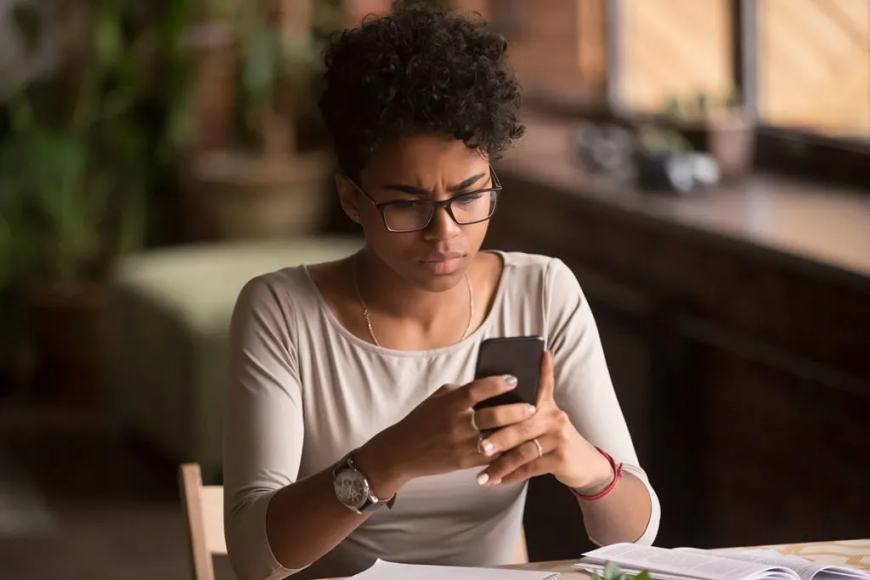The Silent Struggle: How Social Media Affects Mental Health and What You Can Do About It
Social media affects mental health in profound ways, from anxiety to low self-esteem. Learn how to create a healthier relationship with technology.

Introduction: The Double-Edged Sword of Social Media
Social media has revolutionized the way we connect, learn, and engage with the world. Platforms like Instagram, TikTok, Facebook, and Twitter offer endless opportunities to stay informed, share experiences, and foster relationships. But behind the perfectly curated feeds and viral trends lies an unsettling truth—social media is also taking a serious toll on mental health.
From increased anxiety and depression to sleep disruption and low self-esteem, research is beginning to uncover the long-term psychological consequences of excessive social media use. The question is: How much is too much? And what can we do to minimize its negative effects?
This article explores the mental health impacts of social media usage, backed by scientific research, and provides actionable solutions to help regain balance in the digital age.
The Psychological Effects of Social Media
1. Social Comparison and Low Self-Esteem
Scrolling through a feed filled with filtered selfies, luxury vacations, and seemingly perfect lives can make anyone feel inadequate. This phenomenon, known as social comparison theory, suggests that when people constantly compare themselves to unrealistic portrayals online, they experience lower self-esteem and dissatisfaction with their own lives.
A study published in the Journal of Social and Clinical Psychology found that people who spend more time on social media tend to feel worse about themselves due to the unrealistic beauty standards and success stories often presented online.
? Read more: Psychology Today: How Social Media Affects Self-Esteem
2. Anxiety and Depression
Several studies have linked excessive social media use to higher rates of anxiety and depression, particularly in teenagers and young adults. A report by the University of Pennsylvania found that limiting social media use to 30 minutes a day can significantly reduce symptoms of depression and loneliness.
The constant influx of negative news, cyberbullying, and pressure to engage online creates a state of emotional exhaustion, making it harder for users to maintain mental well-being.
? Further reading: Harvard Medical School: Social Media and Mental Health
3. Sleep Disruptions and Digital Addiction
The blue light emitted from smartphones and prolonged screen exposure disrupt melatonin production, a hormone essential for sleep. Many people struggle with doomscrolling, a habit of endlessly consuming negative content before bed, leading to insomnia and sleep deprivation.
A study published in Sleep Health Journal found that teens who use social media excessively are more likely to experience poor sleep quality, which directly affects mood, concentration, and overall mental health.
To combat this, experts recommend implementing a "digital sunset"—avoiding screens at least one hour before bedtime to improve sleep quality.
? Learn more: National Sleep Foundation: How Social Media Affects Sleep
4. Fear of Missing Out (FOMO) and Social Anxiety
FOMO is one of the biggest psychological triggers fueled by social media. Seeing friends at events, influencers promoting exclusive products, or missing out on viral trends can create a sense of exclusion and anxiety. This fear drives people to constantly check notifications, leading to increased stress and a lack of presence in real-life moments.
According to a survey by the American Psychological Association, over 60% of young adults admitted to feeling pressured to stay online to avoid missing out, which can create a vicious cycle of compulsive social media use.
? Explore more: APA: The Psychological Impact of Social Media
How to Use Social Media Without Harming Your Mental Health
1. Set Screen Time Limits
Use built-in screen time monitoring tools on your phone to track and limit daily usage. Studies show that spending less than an hour per day on social media significantly improves mental well-being.
2. Curate a Positive Digital Space
Unfollow accounts that make you feel insecure or anxious. Instead, follow pages that promote mental wellness, personal growth, and positive inspiration.
3. Take Regular Digital Detoxes
A social media detox—whether it’s one day a week or a full month—helps reset your mind and reduces dependency on digital validation.
4. Engage in Real-Life Connections
Prioritize face-to-face interactions over online engagement. Spend more time with friends and family in offline settings, which strengthens emotional bonds and reduces feelings of loneliness.
5. Seek Professional Help If Needed
If social media is affecting your mental health significantly, don’t hesitate to seek professional help. Therapists and counselors can provide strategies to manage anxiety, depression, and digital addiction effectively.
? Find mental health support: National Alliance on Mental Illness (NAMI)
Conclusion: Finding Balance in a Digital World
Social media is neither inherently good nor bad—it’s how we use it that determines its impact on mental health. While it can be a powerful tool for connection, education, and creativity, excessive or unhealthy usage can lead to anxiety, depression, and low self-esteem.
By implementing healthy digital habits, setting boundaries, and prioritizing real-world interactions, it’s possible to enjoy the benefits of social media without compromising mental well-being.
The key is balance—use social media consciously, not compulsively. Your mental health is worth more than a like, comment, or share.
What's Your Reaction?
 Like
1
Like
1
 Dislike
0
Dislike
0
 Love
0
Love
0
 Funny
0
Funny
0
 Angry
0
Angry
0
 Sad
0
Sad
0
 Wow
0
Wow
0



















































